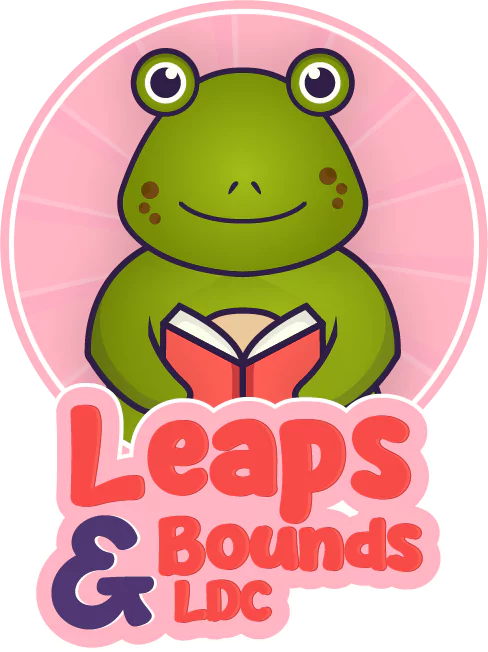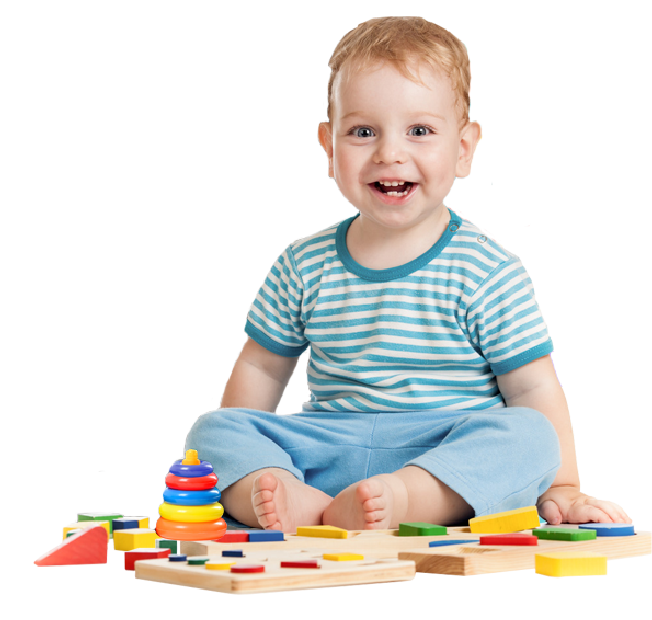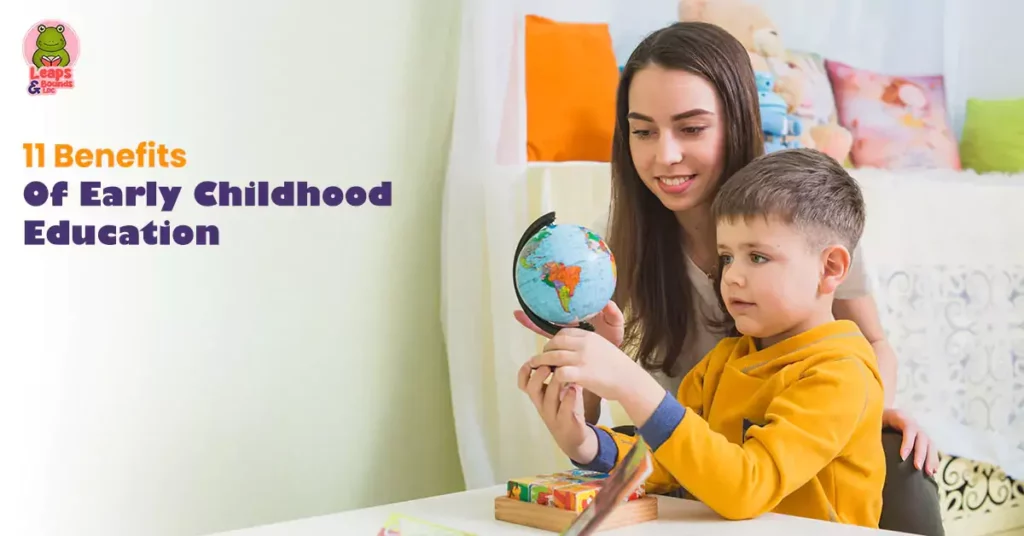Early childhood education benefits a child’s lifelong learning journey. Children acquire knowledge, develop core skills, and build social and emotional skills that define their future during their formative years.
The advantages of early childhood education are extensive and far-reaching, benefiting not only individual children but society as a whole. This blog will look at some significant benefits of preschool education during the critical early years of development.
Key Takeaway from the Blog
- Early childhood education establishes the groundwork for a child’s lifelong learning and development journey.
- It helps cognitive, social, emotional, and physical growth during the formative years.
- Early childhood education fosters a love of learning, essential skills, and healthy attitudes toward schooling.
- Individual children, as well as society, benefit from early childhood education.
- Preschool promotes the development of motor skills, independence, and routine adaptation.
- Early childhood education promotes long-term academic performance and a sense of responsibility.
- Learning routines and developing good habits are critical components of early childhood education.
- Early childhood education helps children prepare for formal schooling.
- It is essential in preparing youngsters for future challenges and success.
- Early childhood education creates a secure, supportive, and engaging environment for children’s development.
11 Reasons Why Early Childhood Education Matters
Early childhood education has a lot of advantages and is a critical investment in the development and potential of a kid. It has far-reaching consequences beyond childhood, including academic performance, social skills, and future professional success.
In the following section, we will look at the purpose of early childhood education and 11 strong reasons why early childhood education is vital.
-
Cognitive and Social Development
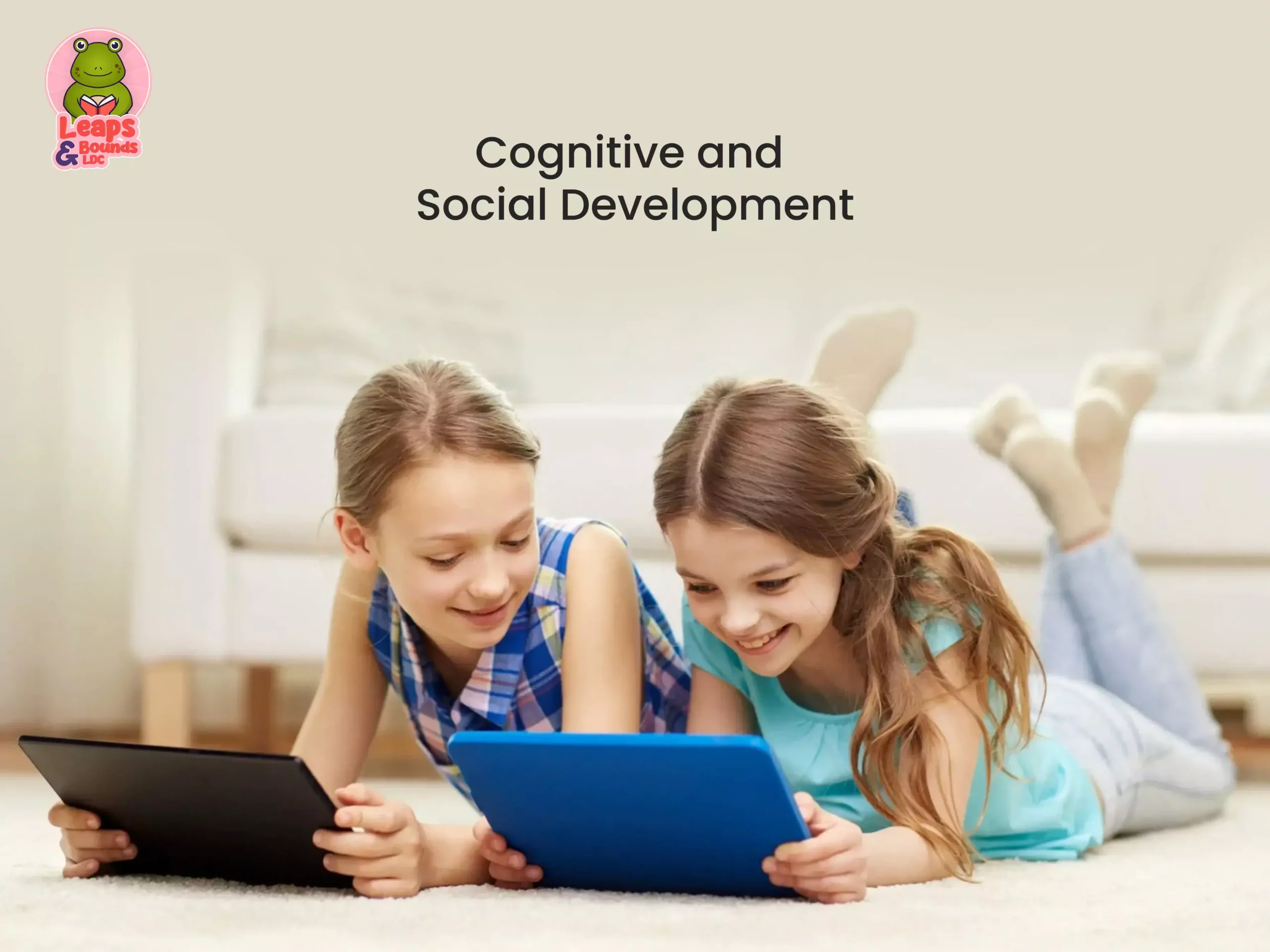
Early childhood education is critical for promoting cognitive and social development. Children participate in activities that help them develop their thinking, problem-solving, and language skills.
They develop essential social skills such as sharing, collaboration, and empathy through interactive play and structured learning. These formative interactions provide the groundwork for future academic performance and the formation of meaningful relationships.
-
Social and Emotional Skills
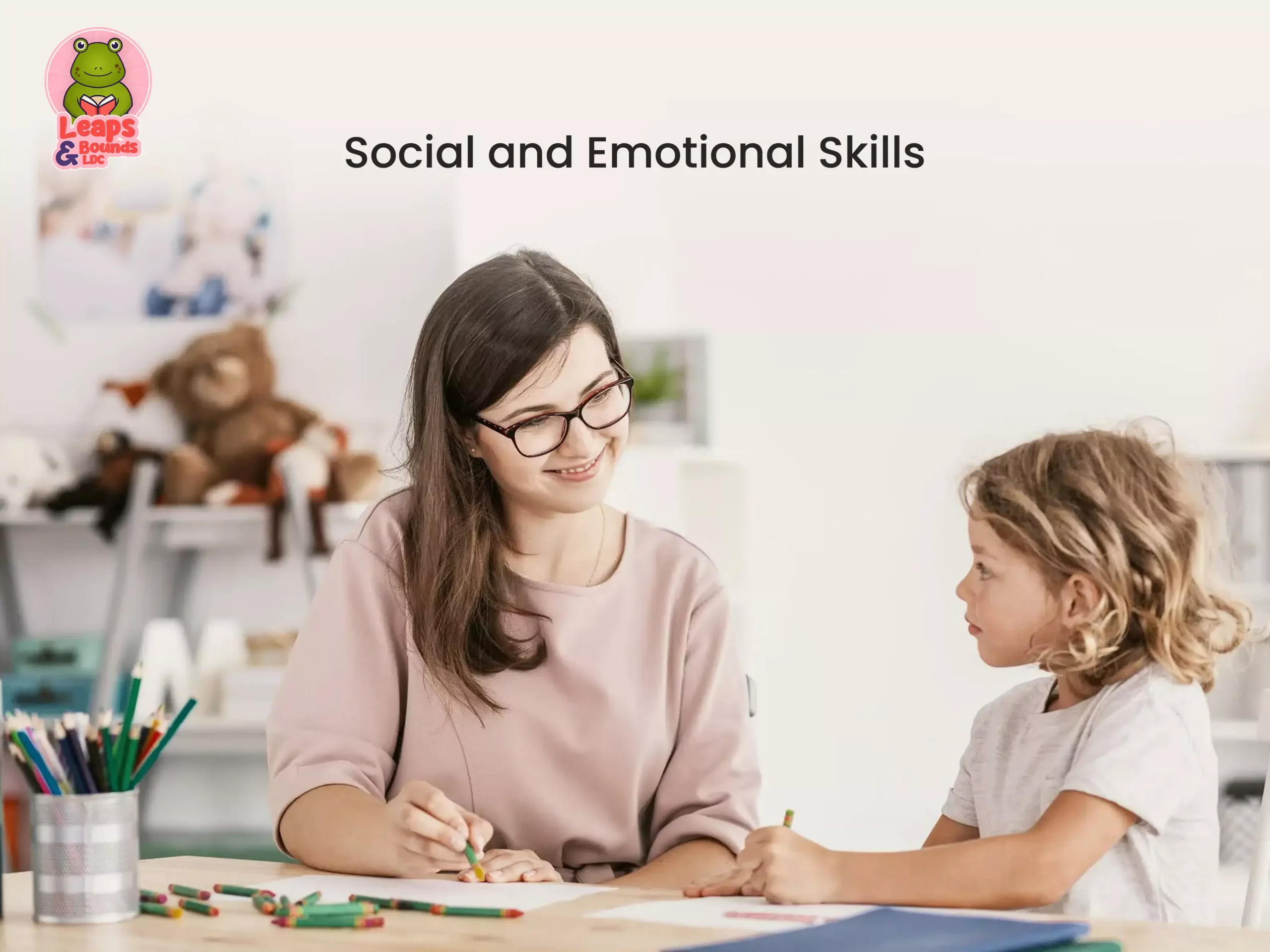
Early childhood education helps children develop essential social and emotional abilities. Children learn to regulate emotions, speak properly, and cooperate with classmates through group activities and instructor instruction.
They cultivate self-awareness, empathy, and conflict-resolution skills, laying the groundwork for good relationships. These abilities determine classroom interactions and success and lifelong interactions and success.
-
Improved Academic Performance

Early childhood schooling boosts academic achievement significantly. Children learn essential reading and writing skills by being introduced to basic concepts in a supportive setting.
Early exposure to language and structured learning tools while laying a solid educational foundation that leads to improved knowledge and critical thinking throughout the school year.
Furthermore, the enthusiasm for learning developed throughout these early years is frequently translated into a lifelong love of education. This improvement in academic preparation enables youngsters to flourish academically and pave the road for future success.
-
Language and Communication
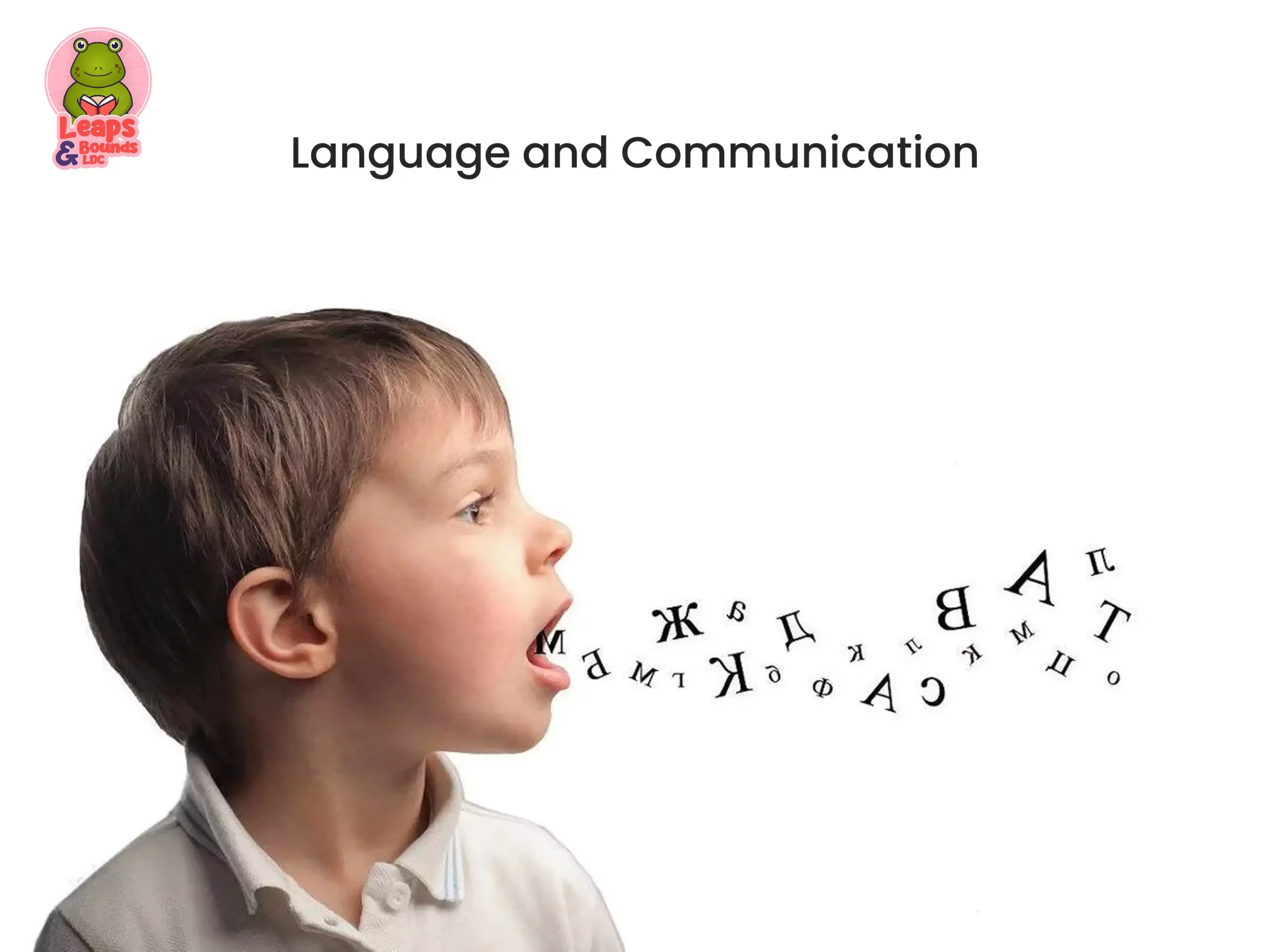
Early childhood education is essential to the development of language and communication skills. Children’s vocabulary and knowledge of the language are expanded through interactive activities, storytelling, and dialogues.
You learn to express yourself adequately and to listen to others carefully.
These early language skills build the groundwork for future effective communication. Strong communication skills promote academic performance, social interactions, self-confidence, and the foundation for future communication success.
These are also the positive effects of daycare on child development.
-
Preparation for Formal Education
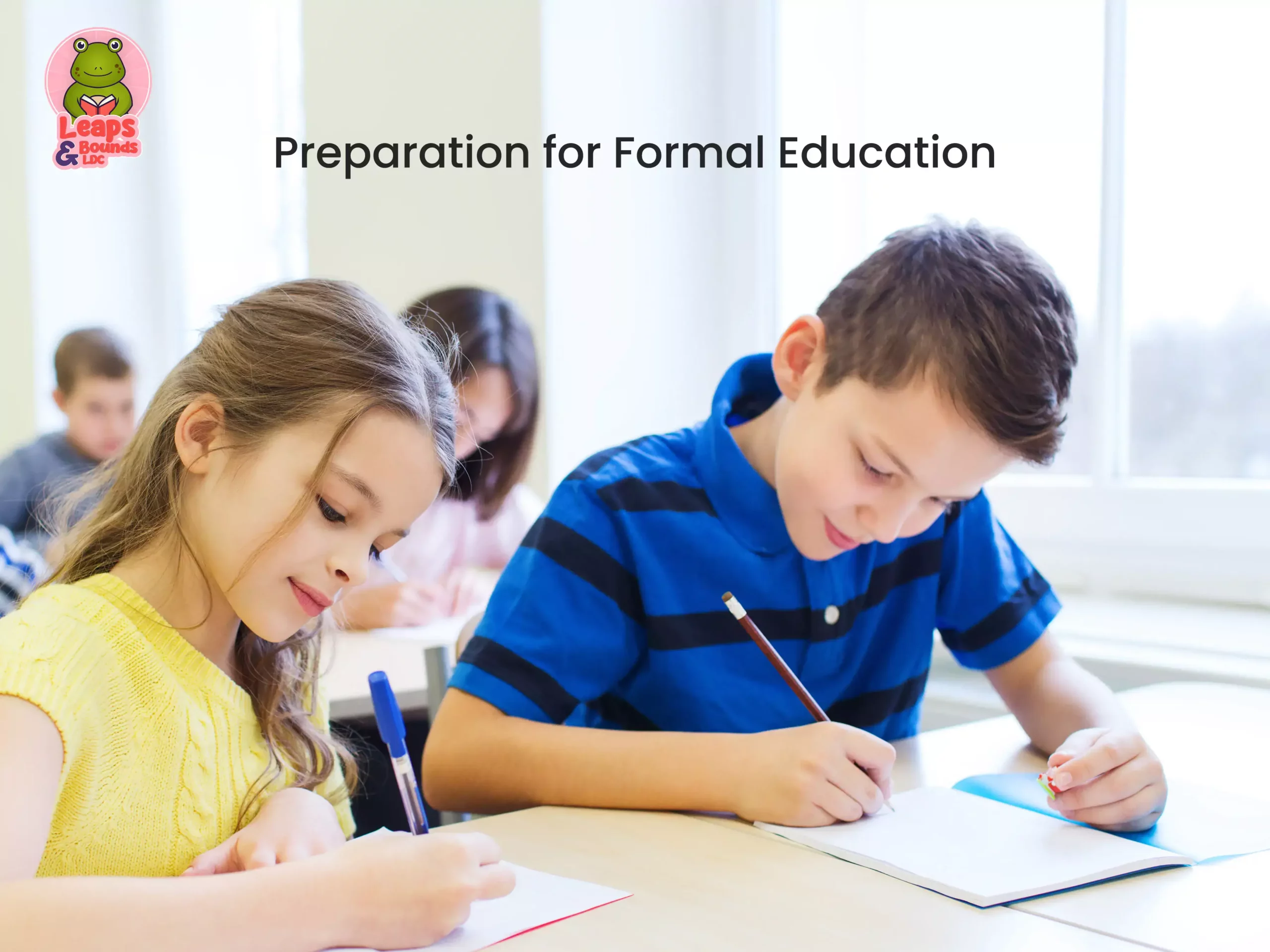
Children receive enough preparation for formal schooling through early childhood education. It helps children seamlessly adapt to the regulated learning environment of primary school by providing structured routines, core pedagogical principles, and social interaction standards.
This early exposure boosts their willingness to interact with teachers, listen to instructions, and collaborate with peers.
Furthermore, focusing on curiosity, discovery, and pleasant learning experiences fosters favorable attitudes toward school. This solid foundation lays the groundwork for future academic success and allows children to thrive in their educational journey.
-
Motor Skills
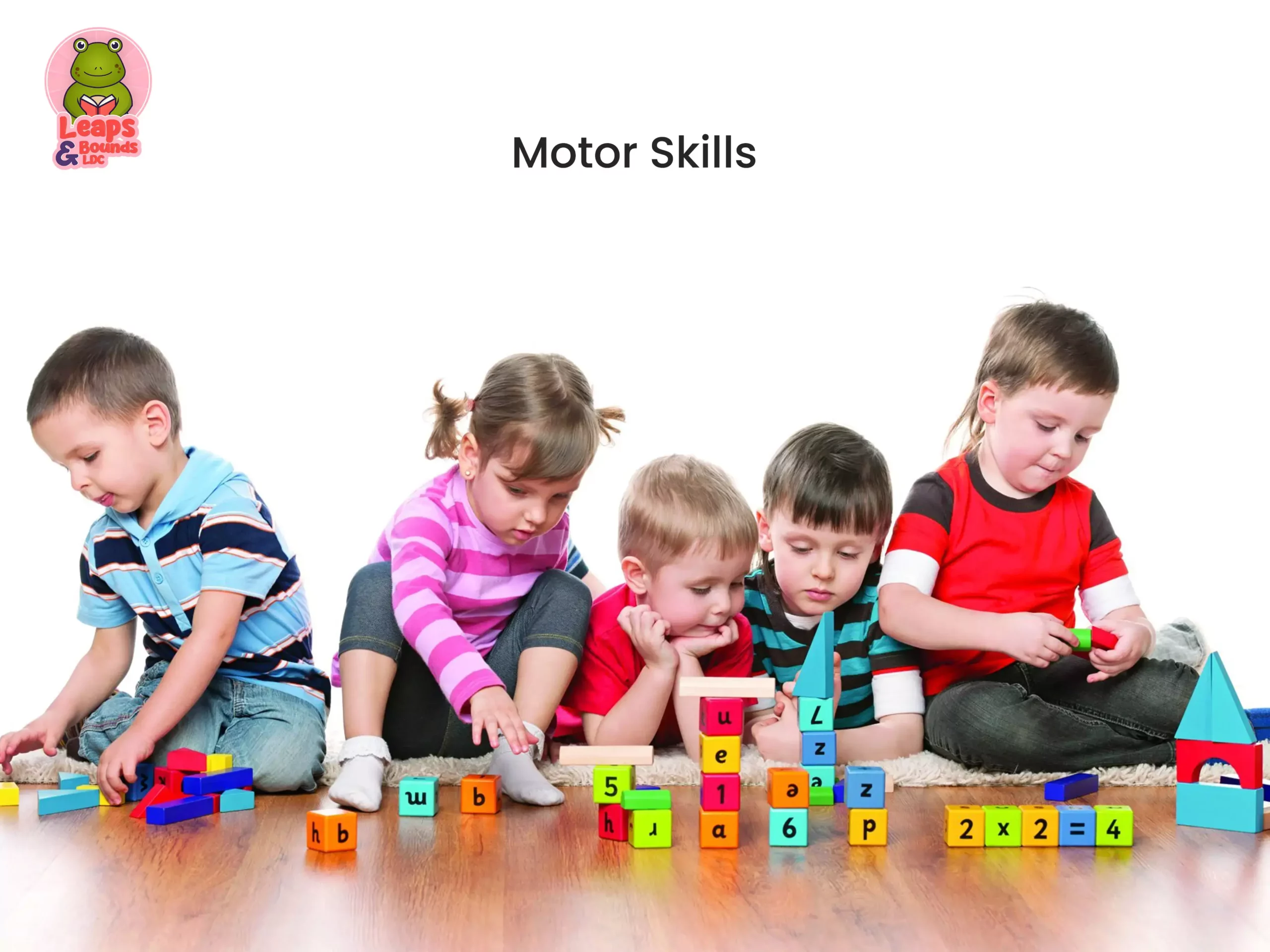
Preschool education significantly improves motor skill development. Children’s fine and gross motor abilities are enhanced through painting, playing with blocks, and participating in physical exercises.
Handling cooking utensils and writing are fine motor abilities that increase accuracy and hand-eye coordination. Jumping is an example of gross motor abilities that improve physical strength and coordination. These experiences not only make daily activities simpler, but they also help with general physical wellness.
Preschool education guarantees that youngsters are well prepared to face academic and physical obstacles as they grow up by supporting motor skills development.
-
Learn to Become Independent
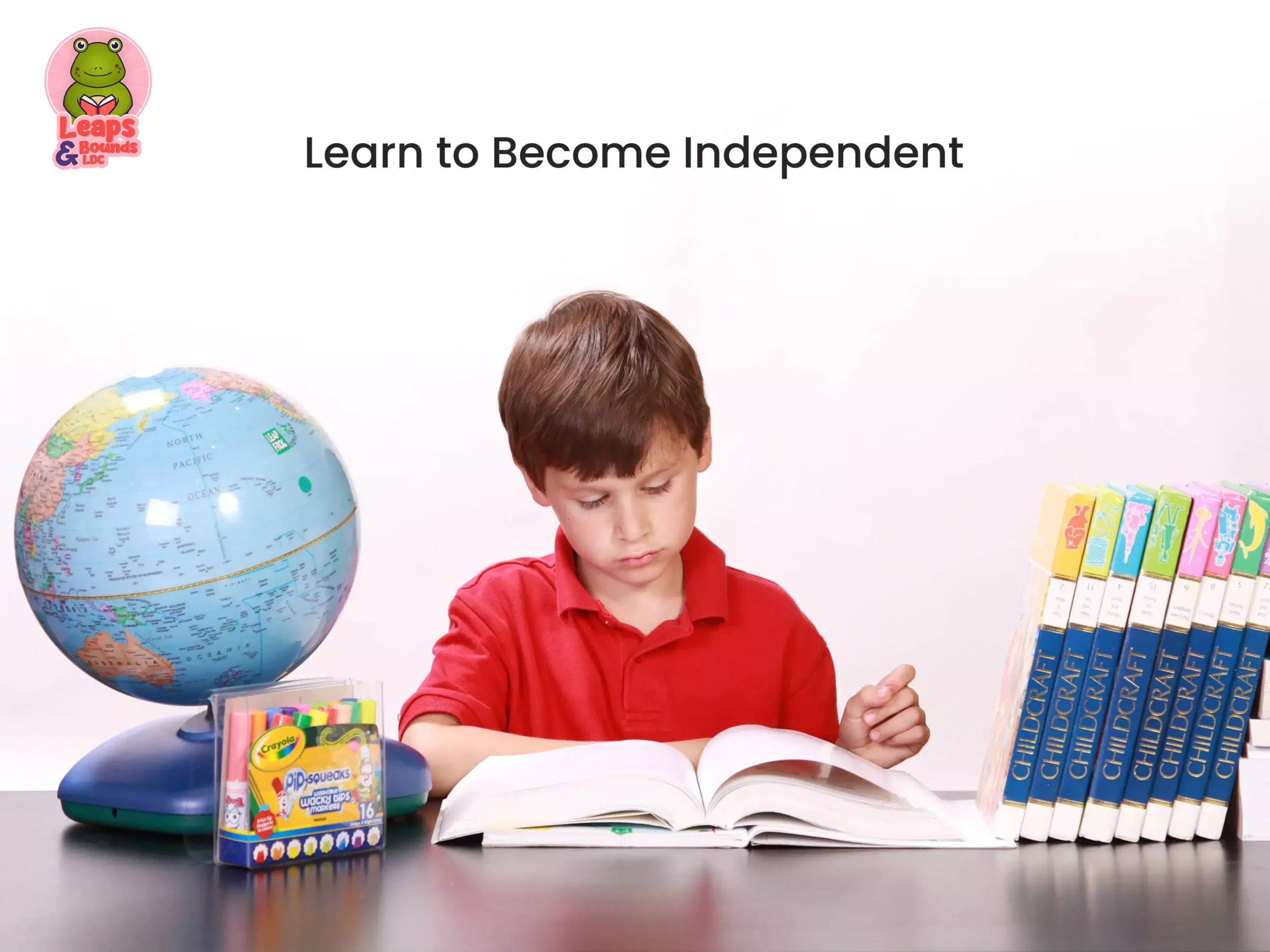
Early childhood education fosters children’s independence. Encourage them to make decisions, complete tasks such as getting dressed, and solve minor difficulties. Structured activities and routines instill in children a sense of independence and responsibility.
This sense of freedom provides children with essential life skills and prepares them for future problems. This is why there is so much importance in early childhood education.
Their confidence will improve as they learn to manage their wealth, keep to their schedules, and make decisions. This sense of freedom supports their personal growth and provides the groundwork for students to become successful and confident individuals throughout their school path and beyond.
-
Long-Term Academic Success
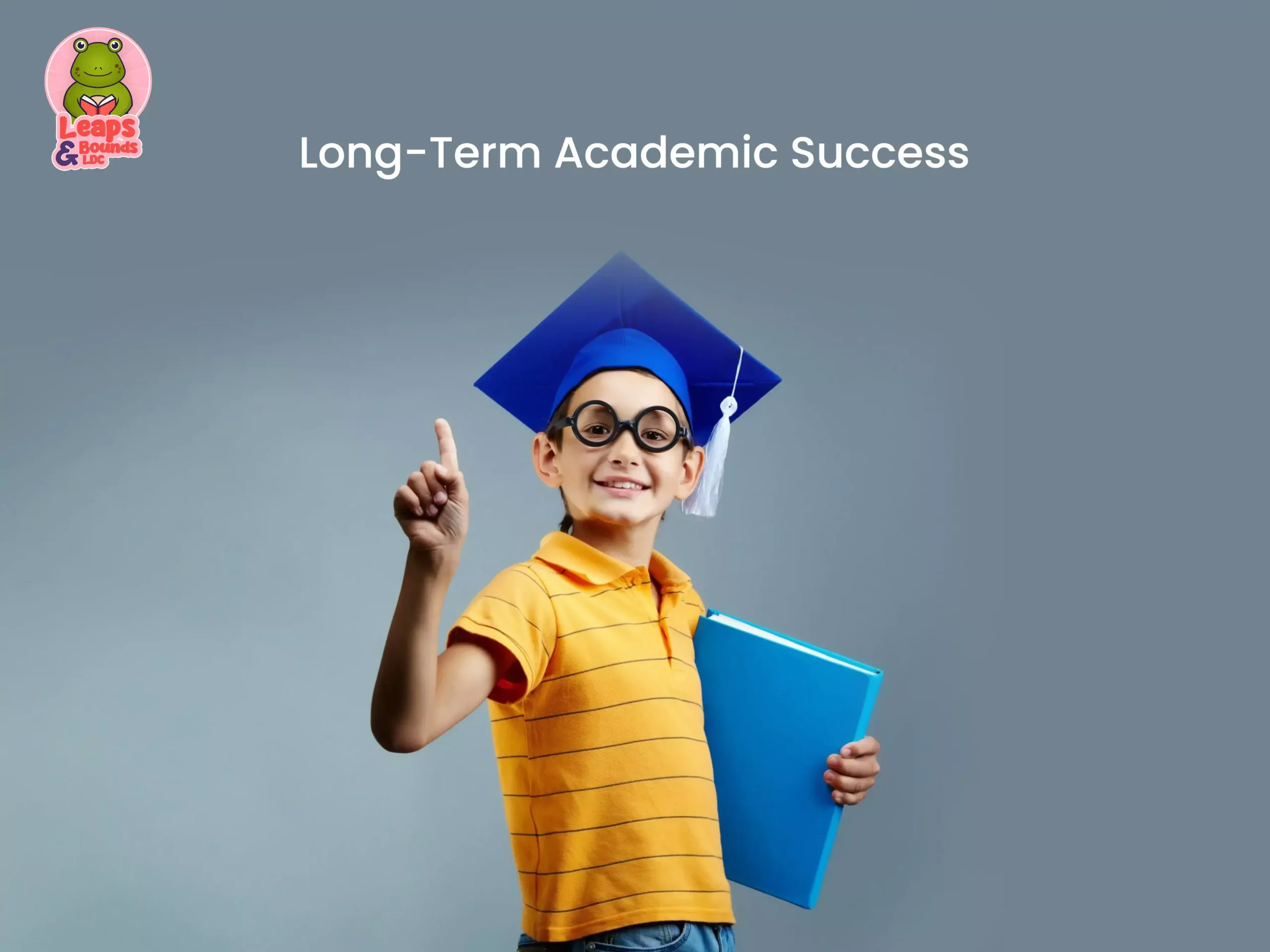
Early childhood education contributes significantly to long-term academic performance. The core abilities and learning excitement formed during those critical years lay the groundwork for future success.
Basic literacy, numeracy, and necessary thinking abilities are developed in children, laying the groundwork for further learning. Furthermore, early positive views toward education can contribute to long-term curiosity and involvement in school.
This early investment in education fosters a lifelong love of learning and allows youngsters to achieve higher grades. Building on this solid educational foundation boosts their chances of reaching their full academic potential.
-
Love for Learning
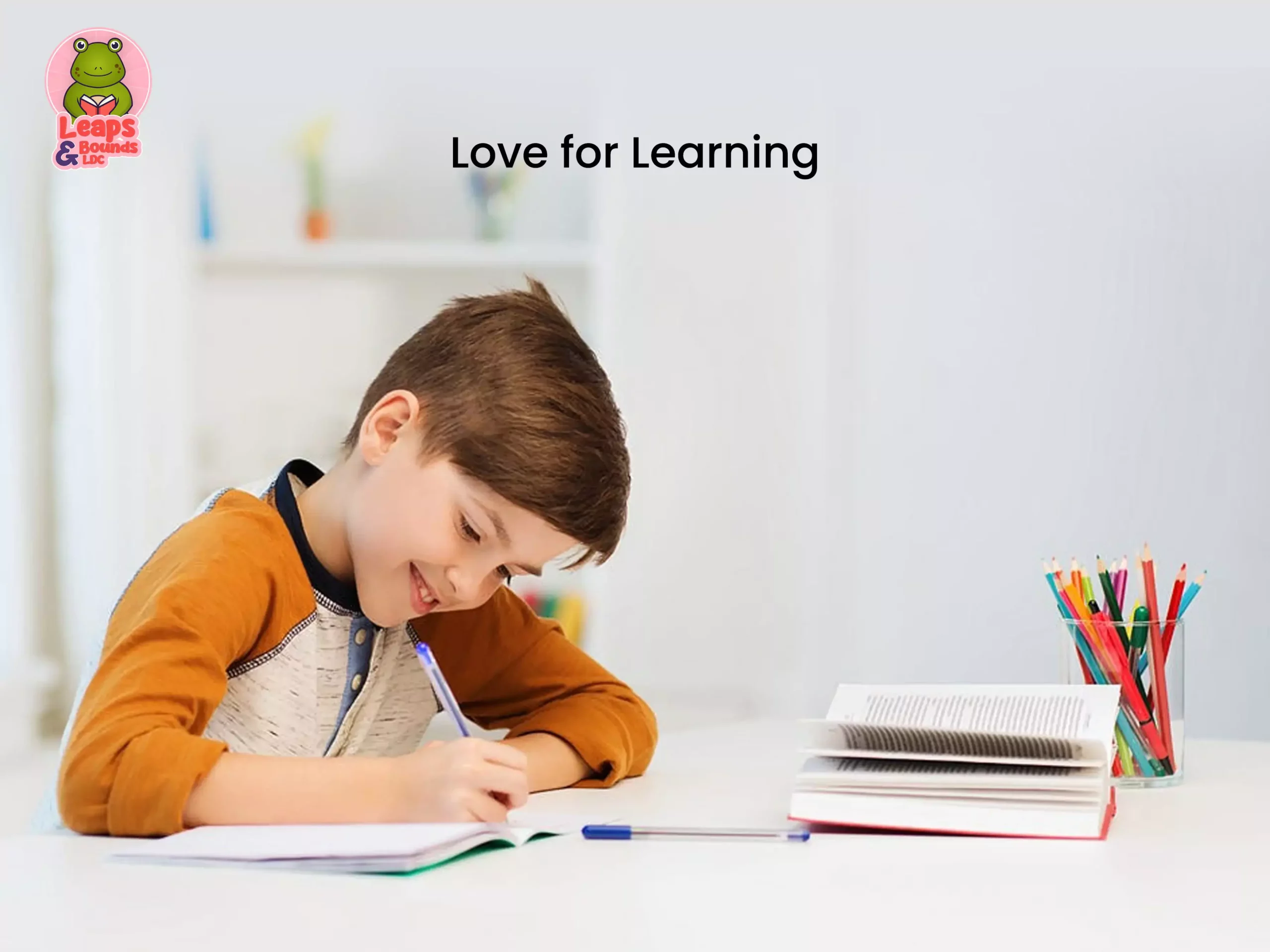
Early childhood education develops in children a lifelong love of learning. Children acquire a natural curiosity and desire to investigate through hands-on experimentation, interactive play, and exploration.
The exciting and encouraging preschool environment fosters a genuine eagerness to learn. This inner incentive pushes people to learn new things, ask questions, and participate actively in their education.
This desire to learn becomes the foundation of their attitude to academics and personal growth as they mature. Early childhood education instills this passion in children at a young age, allowing them to gladly tackle obstacles and embrace learning opportunities.
-
Learning New Routines
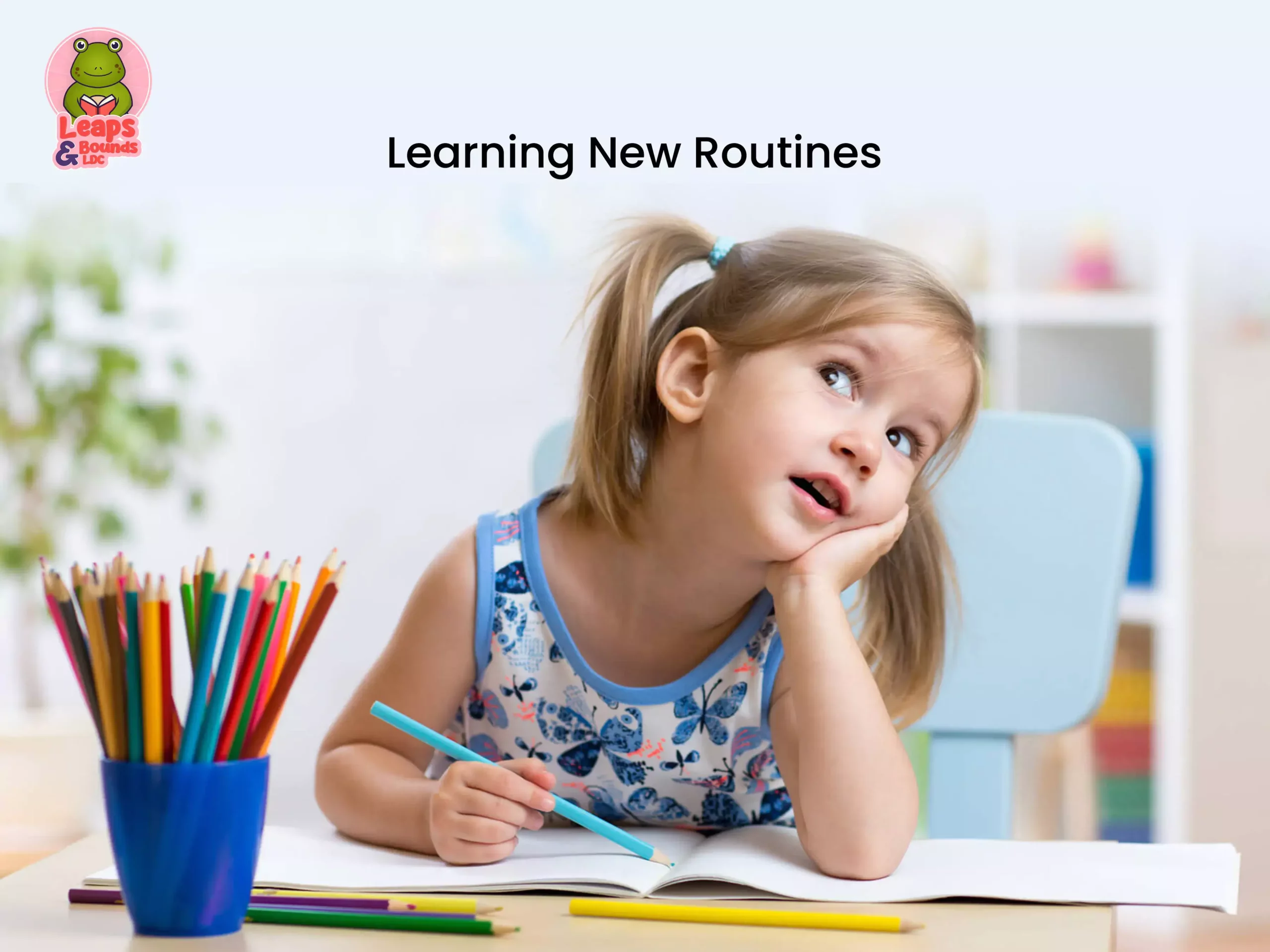
Early childhood education assists youngsters in learning and adjusting to new routines. They learn about organization and time management through regular schedules and consistent activities.
Children learn the notion of order and predictability through following daily practices such as circle time, playtime, and food breaks. This skill becomes useful when they progress through formal education, where routines are essential.
Sticking to a schedule fosters responsibility and confidence in completing diverse duties. The capacity to adopt and adapt to patterns learned in early childhood enables children to progress smoothly through various life stages and educational situations.
-
To Nurture Basic Good Habits

Early childhood education is critical in teaching children excellent fundamental behaviors. Through continuous direction and positive reinforcement, they learn routines such as hand washing, tidying up, and sharing with others.
These essential habits foster personal hygiene, cleanliness, social skills, and a sense of responsibility. Early childhood education fosters an environment where children learn the value of obeying rules and caring for themselves and others.
These ingrained good habits lay the groundwork for ethical behavior and beneficial relationships, developing their character and contributing to their overall growth. This is also one of the ways to improve early childhood education.
Why You Should Choose Leaps and Bounds for Your Child’s Early Education
Choose Leaps and Bounds for your child’s early education because we combine care and play. Our top-rated Summerville, SC, baby daycare provides a loving atmosphere for infants and toddlers.
Our dedicated staff assures the safety and learning of our children by providing age-appropriate activities, toys, and curriculum. At our tiny-tots daycare, we prioritize your child’s social, cognitive, and emotional development. With qualified specialists on staff, we provide a safe, enriching environment for your kid to thrive.
Through interactive learning and play, our early preschool and learning center focuses on developing fundamental skills for school success. Contact us to provide a secure, loving, and educated beginning to your child’s adventure.
Early Childhood Education FAQs:
Final Thought
In conclusion, early childhood education has numerous benefits that significantly impact children’s lives. It prepares the route for academic success and lifelong learning by encouraging cognitive, social, and emotional development.
Positive habits, talents, and attitudes developed during adolescence shape an individual’s character and well-being.
Furthermore, the domino effect spread to families, communities, and society, fostering a more educated and harmonious environment.
Recognizing the importance of early childhood education, investing in quality programs creates a brighter future for children and future generations, promoting a society where potential thrives and opportunity abounds.
